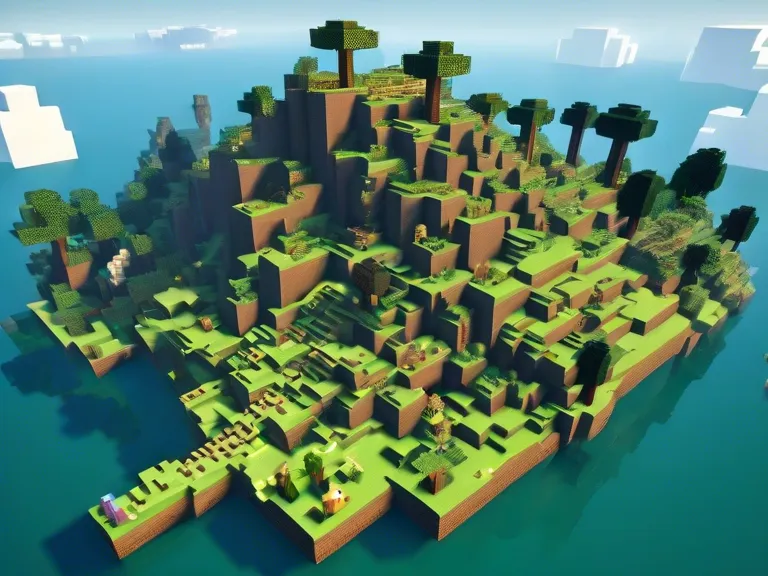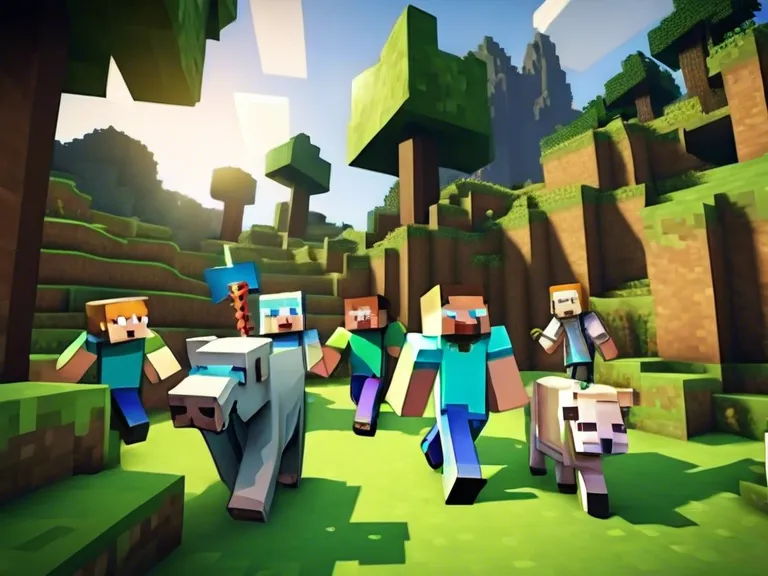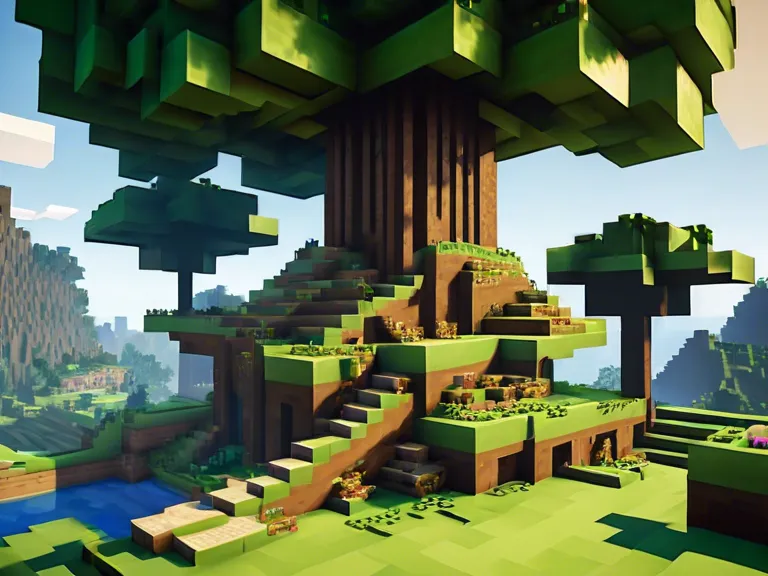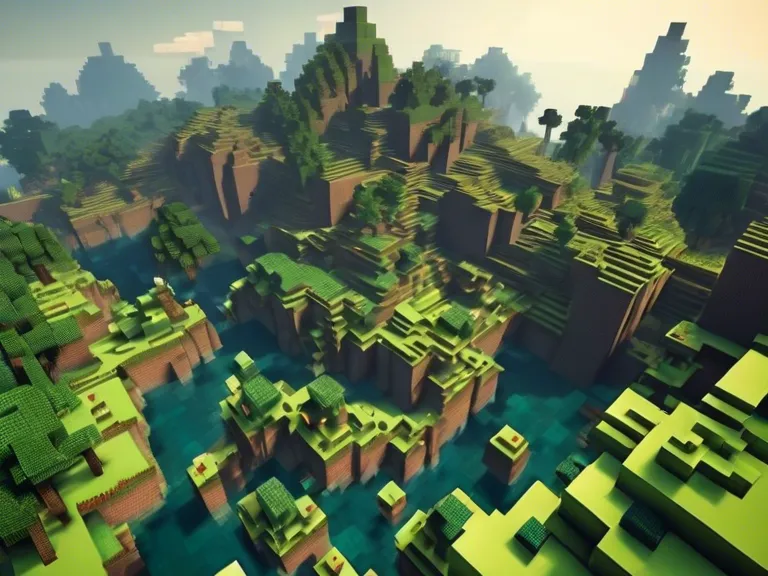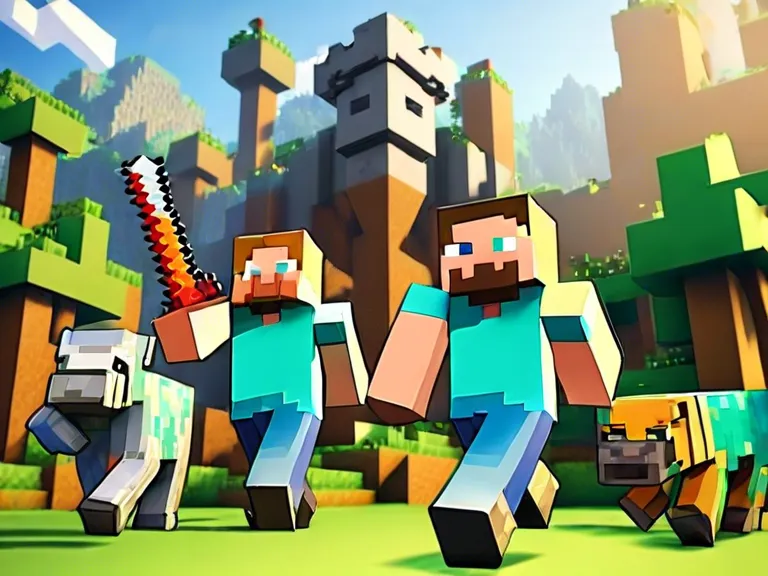
Since its release in 2011, Minecraft has captured the hearts of millions of gamers worldwide with its unique blend of creativity, exploration, and survival. But beyond being just a popular game, Minecraft has played a significant role in shaping future gaming trends, influencing everything from game mechanics to player engagement. In this article, we will explore how Minecraft has impacted the gaming industry and what it means for the future of gaming.
One of the key ways in which Minecraft has influenced gaming trends is through its emphasis on player creativity. In Minecraft, players are given the tools to build their own worlds, structures, and even games within the game itself. This level of player agency and creativity has inspired a new generation of game developers to prioritize player-driven experiences in their own games. Titles like Roblox and Terraria have followed in Minecraft's footsteps, giving players the opportunity to create and share their own content with others.
Additionally, Minecraft's open-world exploration and survival mechanics have paved the way for the rise of sandbox games in the industry. Games like ARK: Survival Evolved and Subnautica have adopted similar gameplay elements, allowing players to explore vast, immersive worlds while crafting tools and weapons to survive. The success of these titles demonstrates the enduring appeal of open-world gameplay and the importance of player freedom in shaping a game's experience.
Furthermore, Minecraft's massive online community and multiplayer features have highlighted the importance of player interaction and socialization in gaming. The game's multiplayer servers and community-created mods have encouraged collaboration and cooperation among players, leading to the rise of social gaming experiences like Fortnite and Among Us. These multiplayer games emphasize the value of connecting with others and working together towards a common goal, mirroring the sense of community found in Minecraft.
In conclusion, Minecraft has had a profound impact on the gaming industry, shaping future trends in player creativity, open-world exploration, and social gaming. As developers and players alike continue to draw inspiration from Minecraft's success, we can expect to see more games that emphasize player agency, community engagement, and immersive worlds as the industry evolves. From pixels to reality, Minecraft's influence is sure to be felt for years to come.
